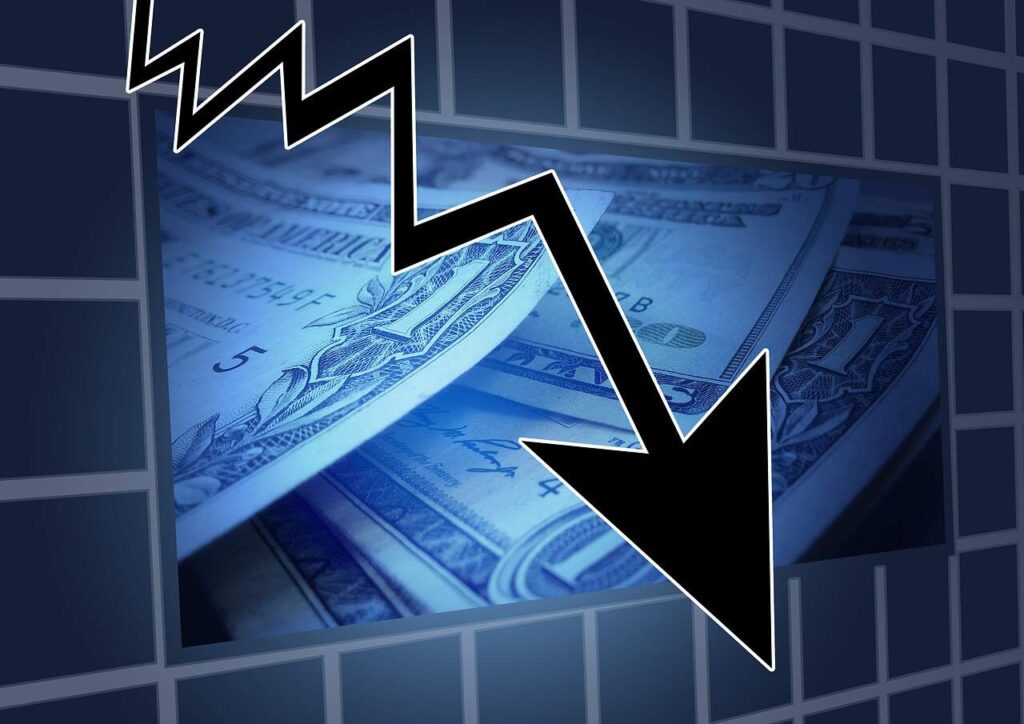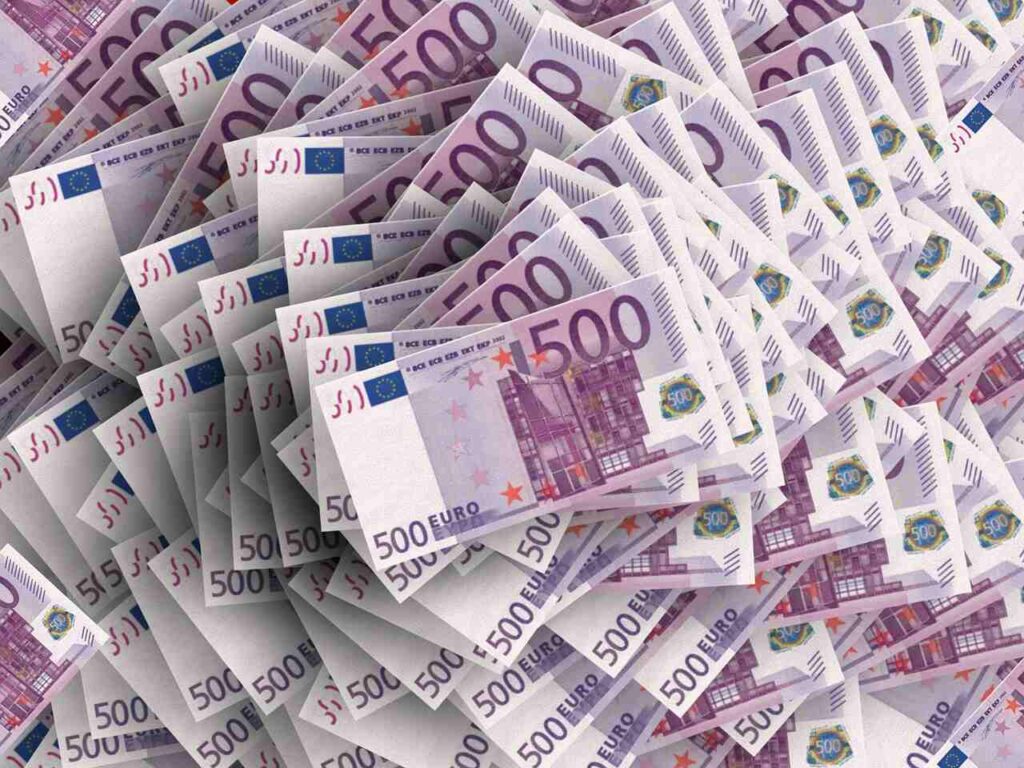The Politic Choices in the Last Two Decades that Impacted Currency

Politics is inextricably linked with the economic situation of a country and is a critical factor in determining the value of a currency in global foreign exchange trading. Every political choice impacts the economy, but a few are strong enough to cause a change in the strength of currencies, affecting the demand and supply and exchange rates. This article explores critical political choices since 2002 that have impacted currency trading.
How Does Politics Affect Currencies?
All currencies respond to the economic law of demand and value. When a currency is deemed valuable, the market rises. When the need for a currency increases, its value rises. Thus, all factors that affect the stability of an economy, the political situation, and the perceived value of a currency will affect the exchange rates. The value of currencies in the forex market depends on the demand. If traders determine that a currency is in high demand, many will buy it in hope of making a profit as the price rises. Before making trading decisions, foreign exchange traders keep tabs on political events to know how they impact the market. If a currency is weak, for example, and the government identifies low employment rates as the major factor driving the fall, they could implement new policies to increase employment rates. The currency value will increase if the policies succeed, provided other factors are favourable.
Zimbabwe Government Adopts Several Currencies

Between 1999 to 2009, Zimbabwe suffered one of the worst inflation levels ever recorded. The Zimbabwean dollar, meant to model the US dollar, became nearly worthless due to hyperinflation. At some point, the country’s Central Bank printed trillion-dollar notes to ease mobility. A series of political decisions, including uncontrolled spending, reportedly led to the economy’s collapse. The Zimbabwean government blamed sanctions and took steps to salvage the economy. It, however, succumbed to the inflation pressure and finally, in late 2008, the government proposed to adopt several foreign currencies, including the US Dollar and the Euro, as official currencies. In 2009, the government made a move and adopted those foreign currencies. That political decision helped the country stabilise its exchange rates and prices and regain market confidence.
The US Response to the 2008 Recession
The US has experienced severe economic crises, but between 2007 and 2008, the US was neck-deep in a recession, the impact of which lasted a few years. The recession was triggered by the failure of mortgage-backed securities in the financial market. The recession forced several financial institutions to declare bankruptcy while the economy was downturned. But the US Congress intervened by creating the Emergency Economic Stabilisation Act (2008), which birthed the TARP (Trouble Asset Relief programme). The move helped inject $700 billion into the ailing economy through direct shares investments and debt-buying. The move helped stem the recession and slowly put the affected institutions back into recovery.
The British ‘Brexit’
Between 2016 and 2019, political conversations centred on the proposed exit of Britain from the European Union (Brexit), to which it had belonged for nearly five decades. They had a vote, and the majority of voters decided on it. While several reports say that the British government had no concrete plan for the now famous Brexit, the British Pounds (GBP) suffered a massive blow in 2016. In the first half of 2016, the GBP was the worst-performing primary currency in the foreign exchange market. In October 2016, following months of speculation about the exit of giant companies from the UK, the GBP suffered a flat loss falling by several percentages against the US Dollar. The situation lasted into 2017; despite its fall, the economy remained strong and gradually picked up. Since Brexit, the GBP has not regained its pre-2016 price.
UK Prime Minister Resignation
Boris Johnson, then UK Prime Minister, resigned on 7th July 2022. The news impacted the GBP favourably as its price rose above $1.2 from its previous $1.18. The GBP had fallen following Brexit and the global health response in 2020. The UK political situation was filled with discussions about the impact of Brexit and how the government responded. Several other significant issues would force Boris Johnson to take a bow following consultations. The GBP has maintained a strong position in the forex market despite slumping substantially in recent years.

Two other events worth mentioning are the 2008 Greek debt crisis and the 2018 US-China trade war.
The 2007 economic crisis affected Greece, forcing the government to ask the EU for help. The EU voted and stepped in with a bailout worth 86 billion. The intervention was the highest before then and helped Greece resume payments.
The US and China, two of the biggest economies, had a trade war that impacted the forex market. Then US President, Donald Trump, rolled out strategies to implement tariff roll-out, challenging the global Chinese exports. The resulting trade war caused unstable exchange rates for some time before things stabilised.




